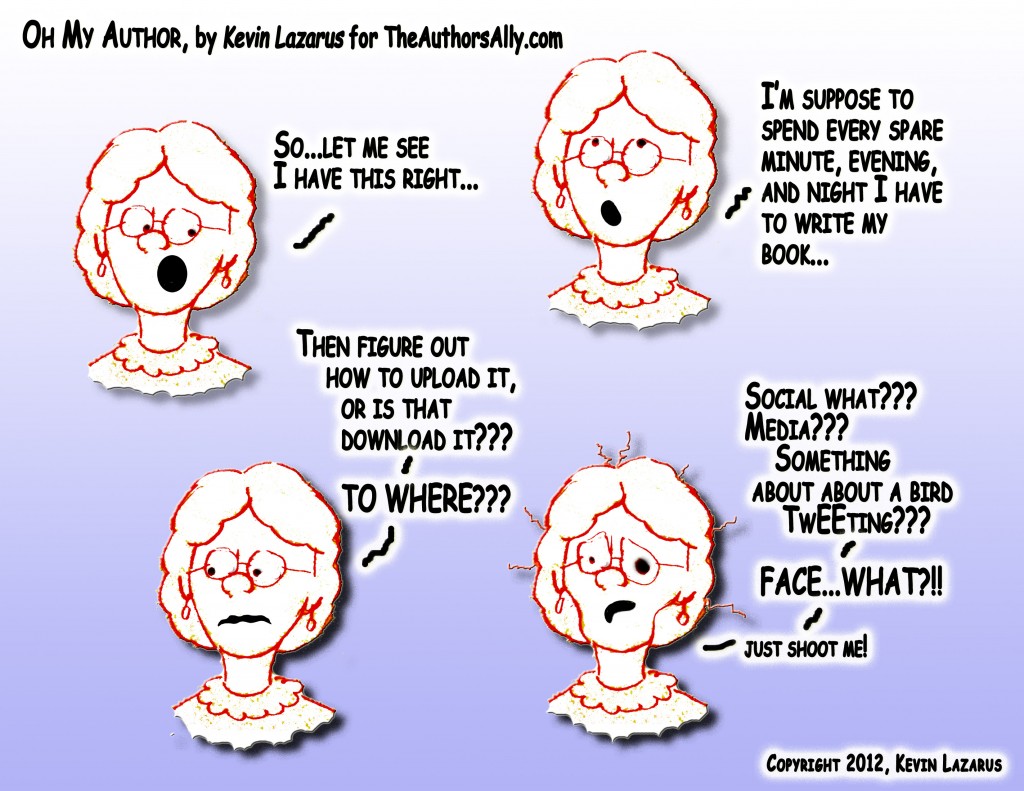Writing
Maggot, Night of the Avatar, by Kevin Lazarus #FREE
 While I’m writing the next chapters of The Dark Side of Carthage Falls, I am allowing readers to read Maggot at Amazon for free for the next few days. I hope you Kindle readers will take advantage of the time. Leave me a review on Amazon and then send me an email and I’ll send you a copy of Bone Stalker when it’s in print! K. Lazarus
While I’m writing the next chapters of The Dark Side of Carthage Falls, I am allowing readers to read Maggot at Amazon for free for the next few days. I hope you Kindle readers will take advantage of the time. Leave me a review on Amazon and then send me an email and I’ll send you a copy of Bone Stalker when it’s in print! K. Lazarus
Blurb “In this novella thriller, Dylan and Madison quickly discover that supernatural forces stalk the online world of gamers–relishing in the blood and gore. But what they first thought to be an animated nightmare surprises them by doing the unthinkable… Read Maggot!”
Announcing: TheAuthorsAlly.com
I would like to introduce you to a new resource for authors–The Authors’ Ally–created specifically for authors, by authors, who are self publishing their own works. The goal of our organization is to offer specific promotional tools as well as technical services at a nominal price range. Why, because most writers want to write and have limited funds to put themselves out there. And, considering the internet wasteland left behind by the ongoing publishing collapse it is nearly impossible to get noticed without a few of these resources.
In the coming months TAA will continue to add services for self promoting authors. more »
Corrupting the Artist Within You, by David Farland
(From David Farland’s Daily Kick in the Pants) Selfish Art
There is a problem with the arts, one that I have not addressed, and it is this: If you have the fortune (or misfortune) of being a gifted artist, it can corrupt you.
If you are a gifted artist, people will tend to be moved by your art. They will praise you in private letters, offer you awards, present you with valuable gifts, fawn over you, seek to seduce you, and so on, and this can corrupt and destroy you.
It starts innocently enough with praise. Every author that I know of feeds on praise to some extent. We need praise. I was fascinated a few months back to learn that the single biggest factor to predicting longevity is the “approbation of our peers.” When others praise us consistently and admire our efforts, it reduces the harmful stress in our lives and not only allows us to perform at our peak, but also lengthens our years.
But praise is a fickle thing, and few artists have a career where they are praised and receive awards on a regular basis. I have known authors who received early praise to grouse when a competing author receives a rave review, wins an award, or hits high on the bestseller list. Such authors become ravaged by jealousy and despair, to the point where such authors have been known to fall into alcoholism, drug addiction, or suffer from suicidal tendencies.
Even worse, praise is so often insincere. It costs nothing to give, and so has little real value.
Other authors buy into the belief that their talent makes them inherently superior to others, so that they somehow exist in an elevated realm above the rest of humanity, and feel entitled to favor. I was recently speaking to an author who was hoping to get an endowment from a wealthy patron. I wondered, “Have you ever considered actually working for your money? It’s not very hard to make, if you work for it.” I actually suggested a couple of ways for her to make the money she wanted—all of which per promptly rejected.
When authors become puffed up in pride, they often become demeaning or dismissive of others, and I know of authors who love to ridicule and condemn their competitors in an effort to boost their own reputation. Such authors often treat the unwashed masses with contempt, having no patience with waiters, hoteliers, or similar “little people.” Very often, such authors blind themselves to the strengths and talents of others to the point that they look doubly foolish.
This sense of entitlement often is manifested in sexual aggression. I’ve known several male authors who could not be trusted to enter into an elevator with a pretty girl who was alone. Back during the 19th Century, authors of genius tended to die from social disease so often that it became cliché.
In short, talented artists may create wondrous things but become pathetic, miserable, self-destructive people. I’m reminded by this again and again when I read about people like Poe, Michelangelo, Paganini, Mozart, and most lately Tolstoy. more »





